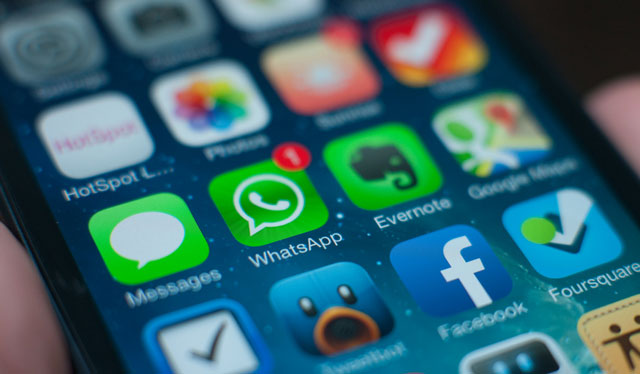 The boom in smart devices has created an amazing platform for entrepreneurs to develop mobile applications.
The boom in smart devices has created an amazing platform for entrepreneurs to develop mobile applications.
By developing a popular mobile app, entrepreneurs are able to generate earnings in a variety of ways.
One of the more popular ways is through in-app purchases. For example, the app can be made available free-of-charge but with only limited features. In order to gain access to additional features, the user can make an in-app purchase which then generates income to the owner of the app. A good example is the popular game Clash of Clans, which allows players to purchase “gems” — a type of currency in the game — that can be used to buy resources or conduct upgrades, thereby helping them progress.
The question is, can developers protect the unique functionality of a mobile app in order to help prevent others from creating software that works in the same way?
Although copyright automatically protects the actual computer code from the moment it is programmed (the moment it is reduced to material form), it only protects against the unauthorised copying of the code and not the actual functionality of the app.
Copyright will therefore not prevent others from reverse engineering your app and then programming their own that functions exactly the same way.
To protect the unique functionality of an app, the only way is to apply for a patent. Generally speaking, the patenting of software-implemented inventions is quite a controversial topic, with many open-source advocates believing that it should not be allowed since it curbs innovation rather than promoting it. That said, the patenting of mobile apps has received a lot of attention in recent years.
The main requirements for patent protection in South Africa — and most countries — are that the invention should be novel and it should not be obvious to a person skilled in the field of the invention.
If a mobile app functions in a unique way, then it may well be patentable. In this regard, it is important to bear in mind that in order for an invention to be novel it should, among other things, be kept secret until a patent application has been filed.
The patentability of software-implemented inventions, such as mobile apps, varies from country to country, since the national patent legislation of each country differs. The patent system in the US and those in a few other countries generally adopt a favourable outlook on software-implemented inventions, which is the reason why the US Patent Office has received a large number of patent applications relating to mobile apps.
Some other countries or regions, including Europe, tend to take a stricter approach to the patentability of software-implemented inventions, and generally require that the invention should solve a technical problem. If an app therefore solves some technical problem, then it may well be patentable in Europe.

There has unfortunately not been any case law to provide us with guidance regarding the patentability of software-implemented inventions in South Africa. Our patent law is, however, mirrored on European and UK patent law and the approach taken in Europe may therefore be a good guideline for South Africa.
That being said, the South African Patent Office is a non-examining one, which means that if a complete patent application is filed and all the formalities are complied with, a patent will be granted automatically. If another party then wishes to invalidate the patent, the onus will be on them to prove it.
So, although software patents are controversial, the fact of the matter is that if a developer decides not to apply for a patent for a mobile app, even if it has unique functionality, they will need to be content with the fact that the market will effectively be a free-for-all for others to create similar apps.
- Danie Pienaar is senior associate at Spoor & Fisher




